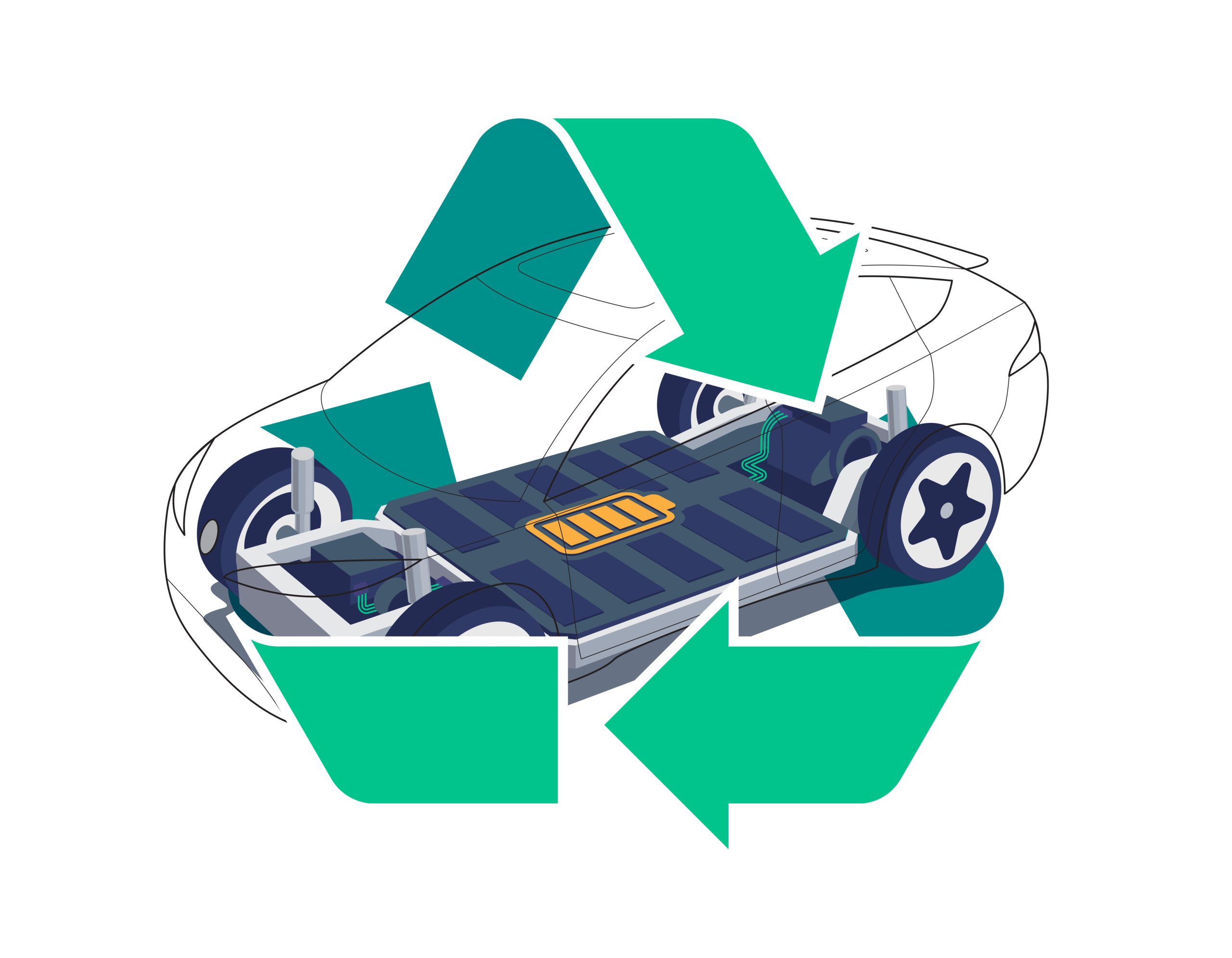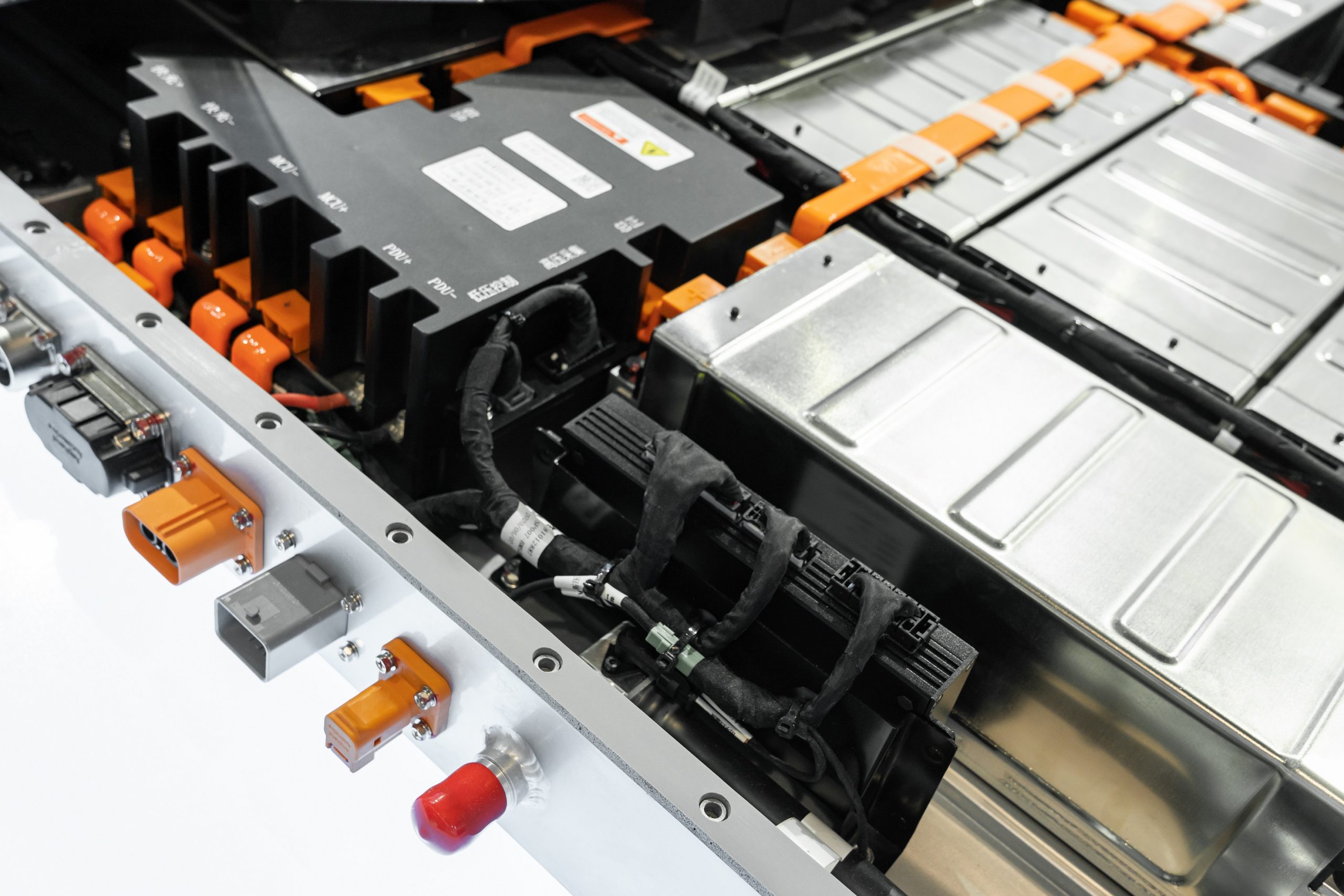As the adoption of electric vehicles (EVs) continues to surge in the United States, the issue of EV battery recycling has become a critical topic of discussion. While EVs offer numerous environmental benefits, the batteries that power them present unique challenges in terms of disposal and recycling.
The debate over EV battery recycling practices in America centers around the environmental impact of battery waste, the economic feasibility of recycling programs, and the technological advancements needed to make recycling more efficient.
This article explores the key points of contention in the debate and the potential solutions being considered. One of the primary concerns in the debate over EV battery recycling is the environmental impact of battery waste. EV batteries contain hazardous materials, such as lithium, cobalt, and nickel, which can pose significant environmental risks if not properly managed. Improper disposal of these batteries can lead to soil and water contamination, harming ecosystems and human health.
Proponents of robust recycling programs argue that recycling can mitigate these risks by recovering valuable materials and reducing the need for new resource extraction. However, critics point out that the current recycling infrastructure in the U.S. is insufficient to handle the growing volume of EV batteries, leading to concerns about the long-term environmental impact.
Also Read: Could Future Cars Require a Subscription to Access Basic Features?
Economic feasibility is another critical aspect of the debate. Establishing and maintaining efficient battery recycling programs requires substantial investment in infrastructure, technology, and workforce training.

While the potential economic benefits of recycling, such as job creation and resource recovery, are significant, the initial costs can be prohibitive for many companies and municipalities. Additionally, the fluctuating market prices of recovered materials can impact the profitability of recycling operations.
Some stakeholders argue that government incentives and regulations are necessary to support the development of a robust recycling industry, while others contend that the private sector should drive innovation and investment in this area.
Technological advancements are essential to improving the efficiency and effectiveness of EV battery recycling. Current recycling methods, such as pyrometallurgy and hydrometallurgy, have limitations in terms of cost, environmental impact, and material recovery rates.
Researchers and companies are exploring new techniques, such as direct recycling and bioleaching, which have the potential to enhance the sustainability and profitability of battery recycling. However, these technologies are still in the early stages of development and require further research and investment to become commercially viable.
The debate centers on the balance between investing in existing recycling methods and pursuing innovative technologies that promise greater long-term benefits. Policy and regulation play a crucial role in shaping the future of EV battery recycling in America.
Federal and state governments can implement policies that encourage recycling, such as extended producer responsibility (EPR) programs, which hold manufacturers accountable for the entire lifecycle of their products. EPR programs can incentivize automakers to design batteries that are easier to recycle and invest in recycling infrastructure.
Additionally, regulations that set standards for battery disposal and recycling can help create a level playing field and ensure that all stakeholders adhere to best practices. However, the implementation of such policies can be challenging, requiring coordination between various government agencies, industry stakeholders, and environmental groups.
Consumer awareness and behavior also influence the success of EV battery recycling efforts. Educating consumers about the importance of proper battery disposal and recycling can encourage more responsible behavior and increase participation in recycling programs.
Additionally, creating convenient and accessible recycling options for consumers can help ensure that used batteries are properly managed and not discarded inappropriately.
The debate highlights the need for a comprehensive approach that involves all stakeholders, from manufacturers and policymakers to consumers and environmental advocates, to address the challenges and opportunities associated with EV battery recycling.
Also Read: Why Modern Cars Are Becoming More Like Smartphones on Wheels

